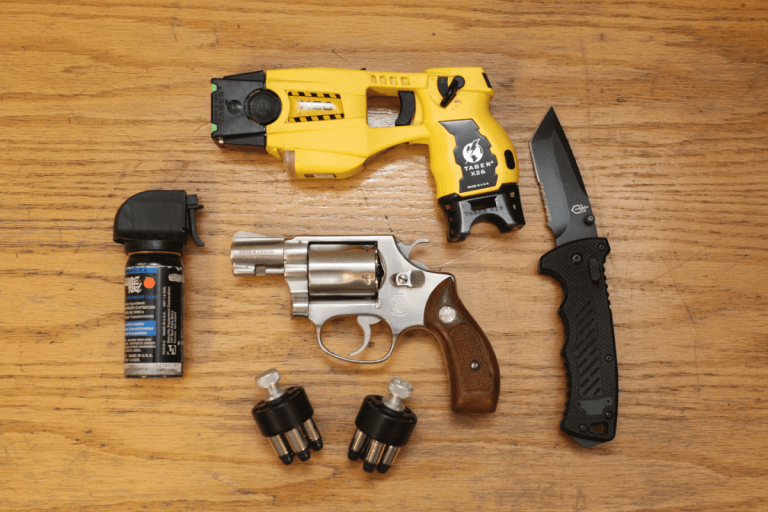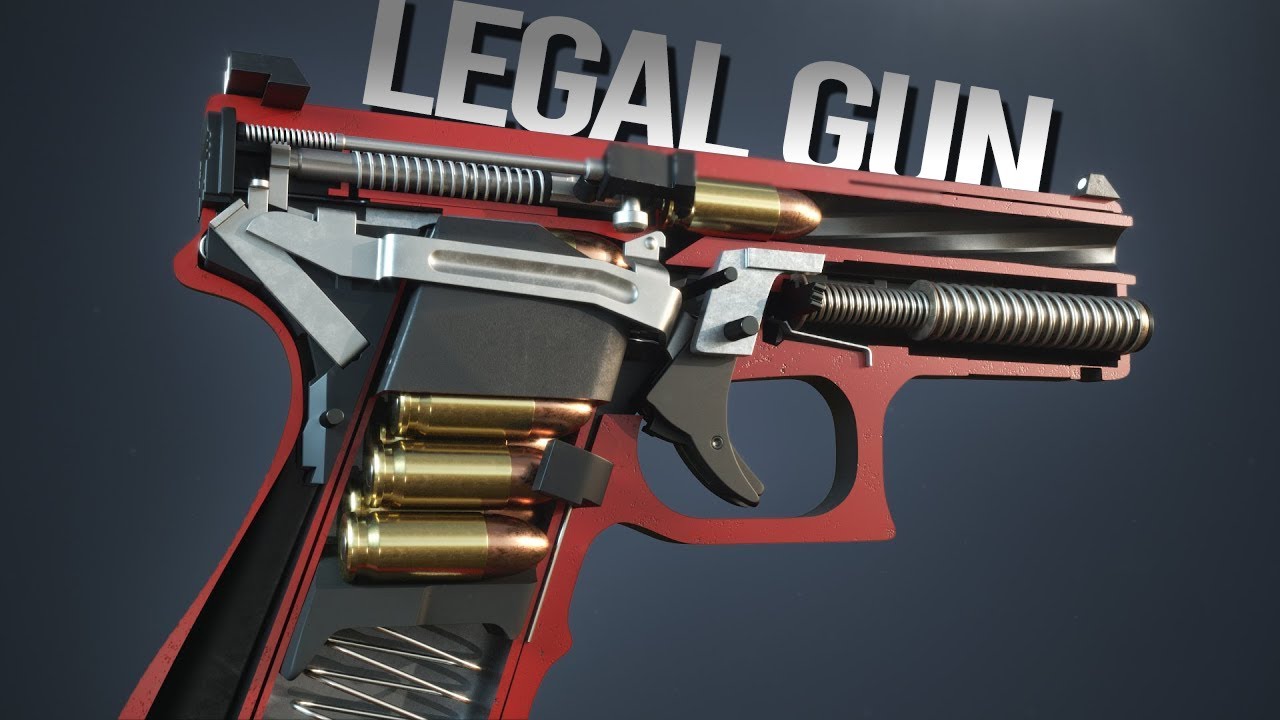In Virginia, individuals have the right to possess and carry certain self-defense weapons for protection purposes. However, there are specific regulations and restrictions in place regarding the legality of these weapons. Understanding these laws is crucial for ensuring compliance and avoiding legal consequences. Let’s delve into the details of what self-defense weapons are legal in Virginia:

- Pepper Spray and Mace:
Pepper spray and mace are non-lethal self-defense tools that temporarily incapacitate an attacker by causing intense pain and irritation to the eyes and respiratory system. In Virginia, the possession and use of pepper spray and mace are legal for individuals aged 18 and above. However, it is essential to adhere to the following guidelines:

- The pepper spray or mace must not exceed 2 ounces in size.
- It cannot contain any other active ingredients besides pepper derivatives.
- The device must be labeled with a warning statement and instructions for safe use.
- Public places like schools, government buildings, or sporting events may have additional restrictions or prohibitions on the use of pepper spray.
- Stun Guns and Tasers:
Stun guns and tasers are electrical self-defense devices that deliver a non-lethal electric shock to an attacker, causing temporary incapacitation. In Virginia, the legal status of stun guns and tasers varies depending on the specific design and intended use:

- Type I Stun Guns: These devices emit an electric arc or spark without direct contact with the target. They are legal to possess and carry without a permit.
- Type II Stun Guns: Direct-contact stun guns that physically touch the attacker to deliver the electric shock are prohibited in Virginia.
- Tasers: Devices designed for law enforcement use that fire barbed electrodes to deliver an electric shock over a distance are generally restricted to authorized personnel.
- Knives:
Knives are considered self-defense weapons if they are primarily designed for protection rather than utilitarian purposes. In Virginia, the legality of knives for self-defense is subject to the following regulations:
- Switchblades, gravity knives, and spring-assisted knives are prohibited.
- Blades longer than 3 inches may be legal for self-defense, but concealed carry without a permit is prohibited.
- Ordinary pocket knives or utility knives may be carried openly or concealed without a permit, provided they do not meet the definition of prohibited knives.
- Firearms:
In Virginia, firearms such as handguns, rifles, and shotguns are legal for self-defense purposes, subject to specific regulations:
- Handguns: Individuals aged 21 and above may purchase and possess handguns with a valid concealed carry permit. Without a permit, handguns can be kept at home for self-defense.
- Rifles and Shotguns: These firearms can be purchased and possessed by individuals aged 18 and above without a permit, but concealed carry is prohibited.
It’s important to note that concealed carry of any weapon, including handguns, knives, or pepper spray, requires a valid concealed carry permit in Virginia. Additionally, localities may impose their own restrictions on the possession and use of self-defense weapons, so it’s essential to check local ordinances and regulations.
When using self-defense weapons, it is crucial to exercise caution and restraint. The intention should always be to deter or incapacitate an attacker, not to inflict serious harm. It’s strongly recommended to undergo proper training and education to safely handle and use self-defense weapons.






